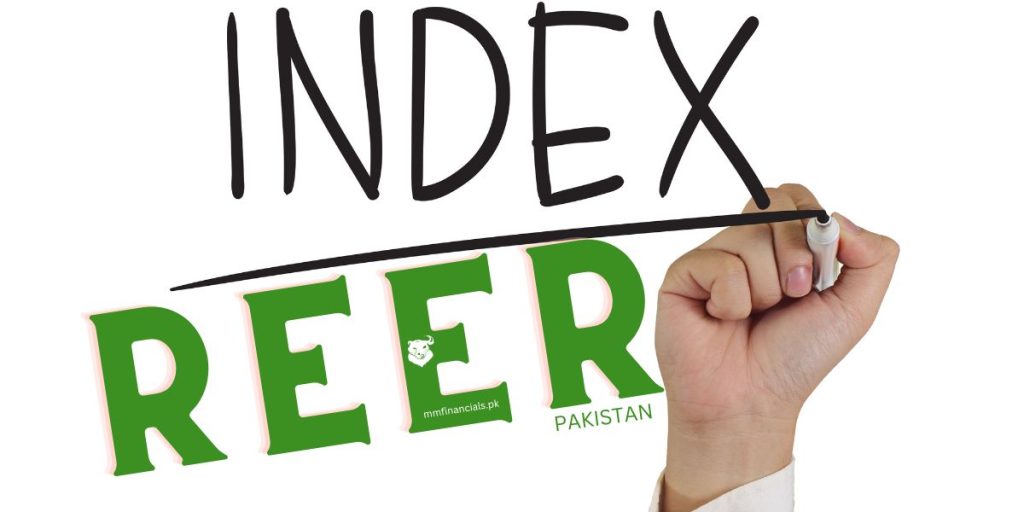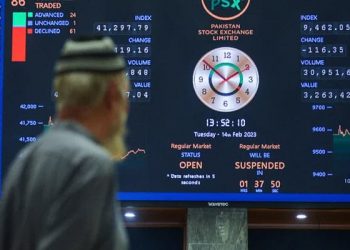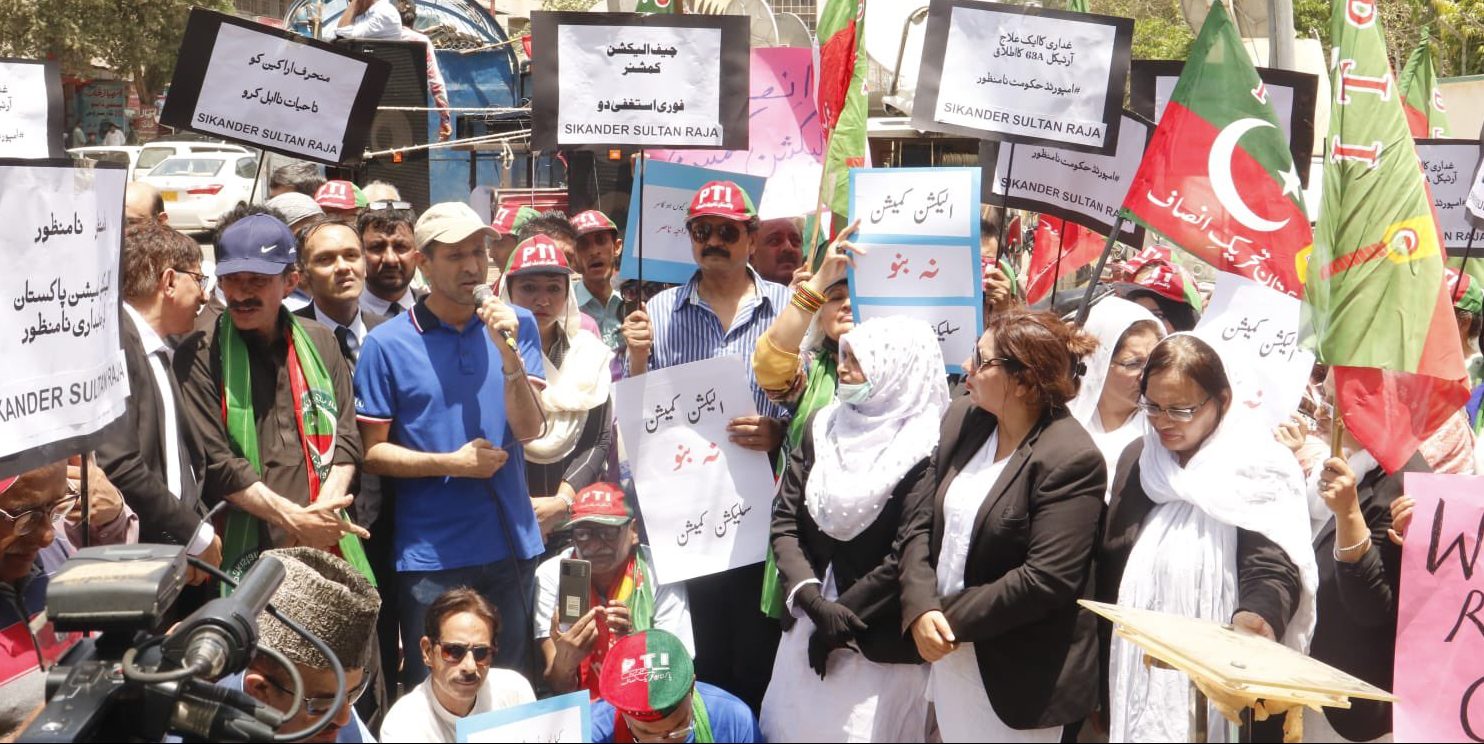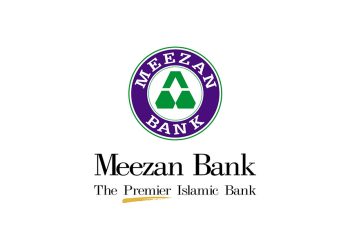In a noteworthy development for Pakistan’s economy, the Rupee has shown signs of strengthening, as evidenced by the latest data on its Real Effective Exchange Rate (REER) and Nominal Effective Exchange Rate (NEER). According to the State Bank of Pakistan (SBP), the REER index for January 2023 saw a significant increase, marking a shift in the currency’s relative value.
THE RISE IN REER: A CLOSER LOOK
The REER, a critical measure of a country’s currency value adjusted for inflation differentials with its trading partners, climbed to a provisional value of 101.7 in January 2023 from 98.83 in December 2022. This 2.91% month-on-month increase is a positive sign, indicating a 8.24% rise compared to the same month last year. The movement of the REER index above 100, referencing its average value in 2010, suggests changes relative to that base year rather than an equilibrium shift.
NEER INDEX: UNDERSTANDING THE NUANCES
Simultaneously, the NEER index, which reflects the nominal bilateral exchange rates weighted by trade volumes, increased by 1.24% to 38.41 from 37.9414 in December. However, on an annual basis, the NEER index experienced a 13.61% decline, showcasing the dynamic nature of Pakistan’s trade competitiveness and currency valuation in the global market.
PKR PERFORMANCE AGAINST THE USD
The Pakistani Rupee closed January at 279.5 against the USD, appreciating by 0.84% from December 2022. Despite this recent appreciation, the PKR has depreciated by 4.16% compared to January of the previous year, illustrating the ongoing challenges and fluctuations in the currency market.
IMPLICATIONS OF THE REER AND NEER MOVEMENTS
The increase in the REER index signifies that Pakistani exports have become relatively more expensive, and imports cheaper, potentially affecting trade competitiveness. This nuanced shift requires careful analysis to understand its impact on the economy’s broader aspects, including trade balances, inflation, and economic growth.
CONCLUSION: A PERIOD OF ECONOMIC INSIGHT
The changes in the REER and NEER indexes, along with the PKR’s performance against the USD, provide valuable insights into Pakistan’s economic health and its position in the global market. As the country navigates through these economic indicators, understanding the implications of these shifts will be crucial for policymakers, traders, and economists. The data reflects not just the state of the currency but also the broader economic strategies at play, highlighting the importance of adaptive measures and policies to enhance Pakistan’s economic resilience and competitiveness.



















